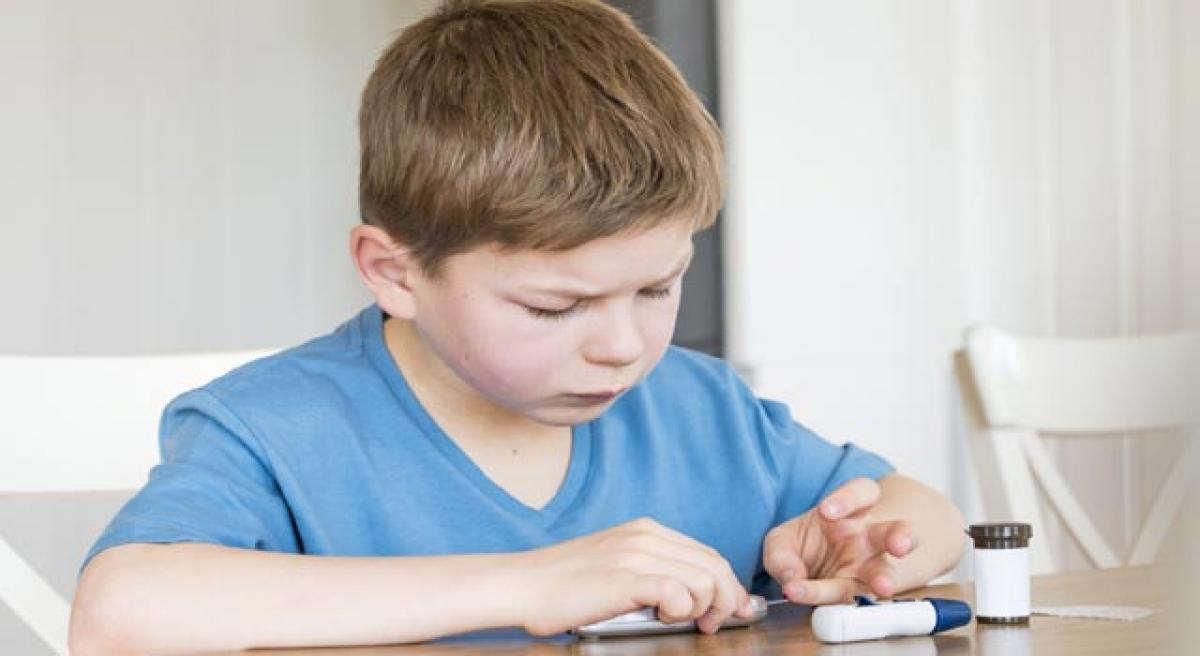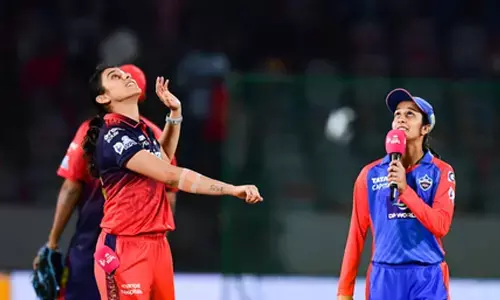Children with diabetes at school

The impact of diabetes is immense especially when it is diagnosed in childhood or adolescence. People with type 1 diabetes require insulin right from the time of diagnosis.
The impact of diabetes is immense especially when it is diagnosed in childhood or adolescence. People with type 1 diabetes require insulin right from the time of diagnosis. In case of a delay in the diagnosis or initiation of treatment, due to any reason, the absence of insulin in the body can have serious consequences and sometimes even death, due to a condition called as Diabetic Ketoacidosis.
However, it has been observed that if diagnosed in time and treated properly, children with type 1 diabetes can grow to be like any other individual and are productive, fertile and live a long and healthy life. It is about time that we work collectively for managing diabetes especially in children. For type 1 diabetes, simple efforts can go a long way in making the lives of these children better and complication free.
Aryan and Kapil (names changed) were diagnosed with type 1 diabetes when they were 8 years old. The life story of these two kids clearly demonstrates how collective effort of parents, teachers, society and the health care team can bring a huge difference in the outcome of lives of children placed in a similar situation. The diagnosis of type 1 diabetes in the child brings a huge shock and stress not only for the child but for the whole family.
When Kapil was diagnosed with type 1 diabetes, the situation was no different. His parents were terrified to even leave Kapil alone in school. However, Kapil’s, school principal counselled the parents when she learnt about type 1 diabetes and motivated Kapil to study well and participate in all school activities. She used to address Kapil as Wasim Akram of school, as Kapil too like Wasim Akram (who has type 1 diabetes) played cricket.
Today Kapil is studying in one of the best engineering college of India. On the contrary Aryan’s parents faced double shock, when they learnt about his type1 diabetes but were also asked to accompany him to school as the teachers felt there would not be able to take responsibility of Aryan. This resulted in his grades falling lower. Today Arya is a school drop-out and is dependent on his father.
These two real stories are a reminder and a request for all teachers and educators to be a part of a campaign to understand and help children with diabetes, win over diabetes. It is a known fact that teachers play an important role in the society by teaching children and helping them become informed adults. Hence, it is pertinent that this important group becomes aware on the key aspects of diagnosis and management of type 1 diabetes in children.
Teachers can help in early detection and thus timely care by asking for medical check- up of a child who is losing weight rapidly, feeling thirst and hungry too often and needs to go to washroom frequently. It can be wonderful for a child diagnosed with diabetes, when they get a safe and supportive school environment to move ahead in life.
The responsibility of the school includes providing education and equal opportunities for growth of every child including children with diabetes. Teachers can support the child in management of diabetes and this should include:
- Allowing child to eat a snack to prevent hypoglycaemia
- Allowing child to use bathroom for frequent urination in case of acute hyperglycaemia
- Allowing child to check blood glucose levels and take insulin when needed
- Supporting the child in treatment of hypoglycaemia by giving the child hard candies / juice.
- Keeping contact details of parents and child’s doctor handy.
These small efforts can make huge difference in lives of many children with diabetes and help them being self-reliant, independent and useful contributors to the society. The Author is presently working as a Consultant Endocrinologist with CARE Hospitals in Hyderabad.
By Dr. Bipin Kumar Sethi














